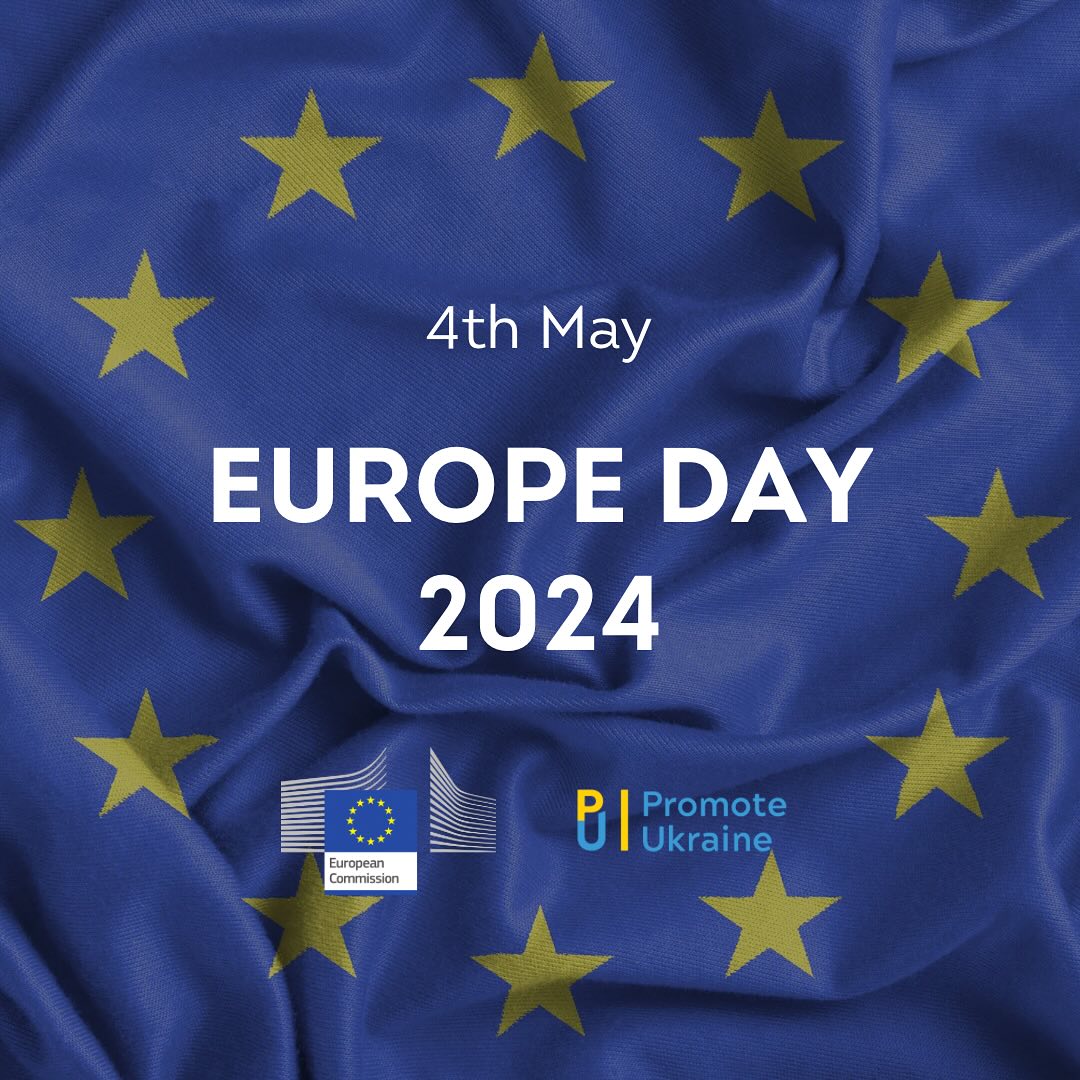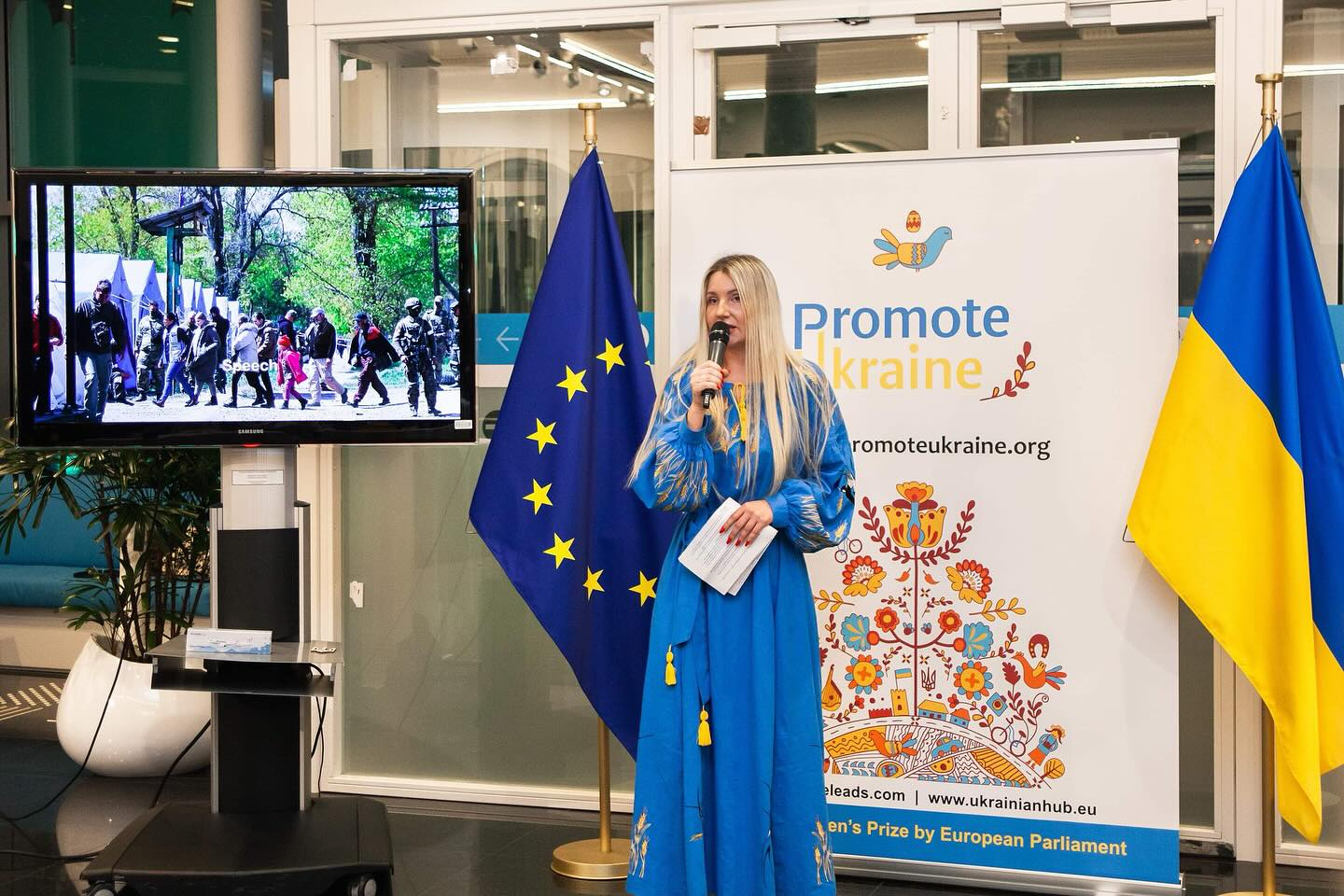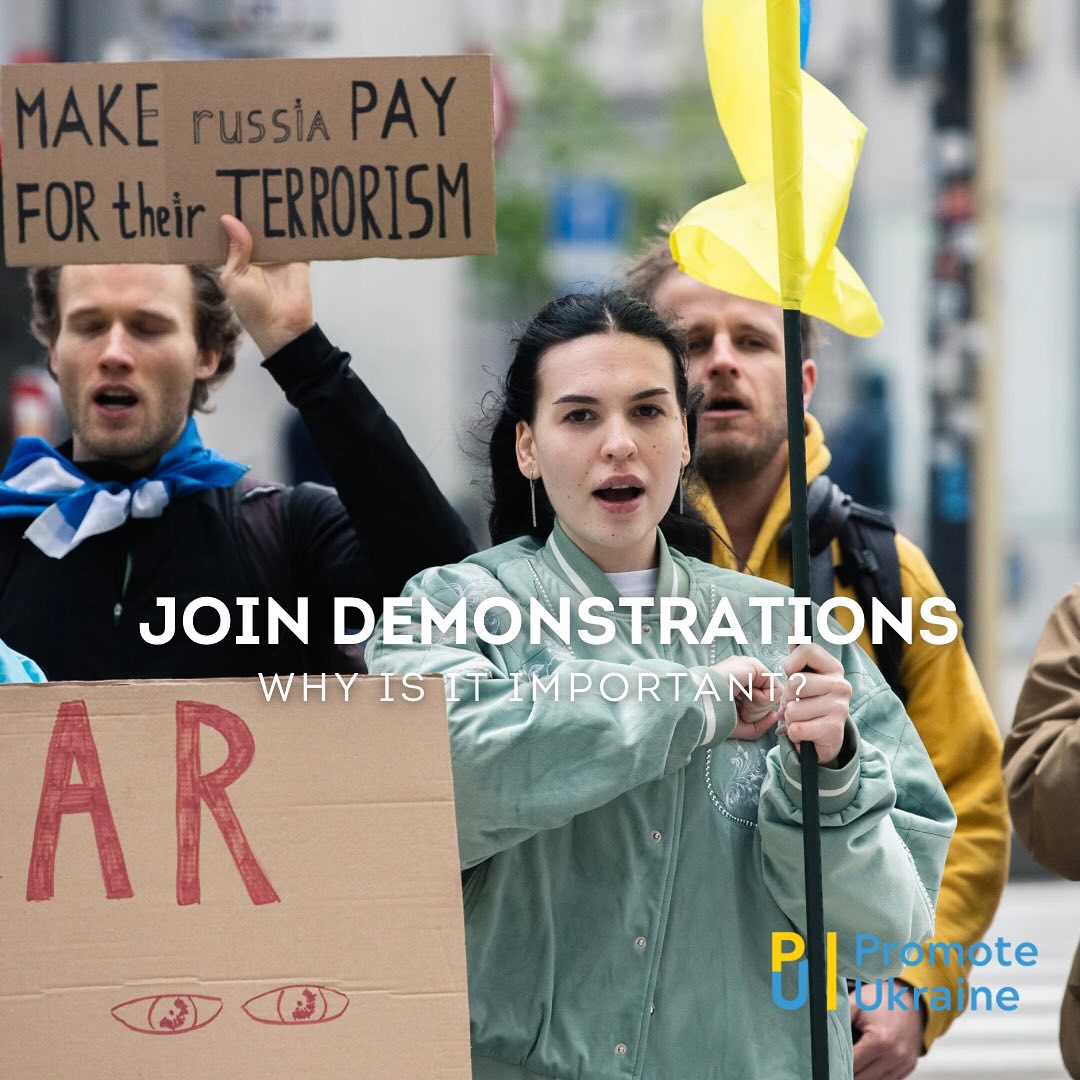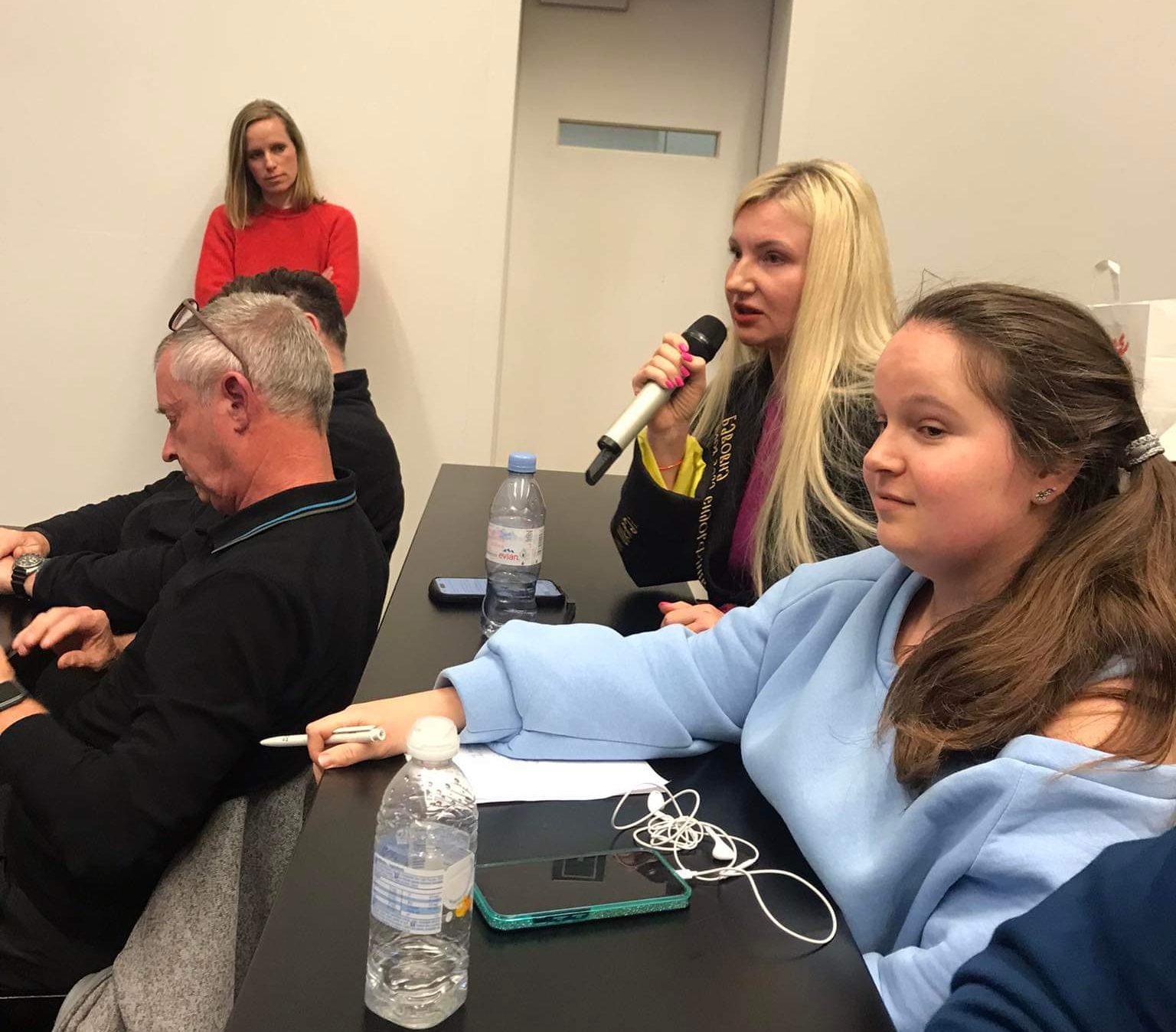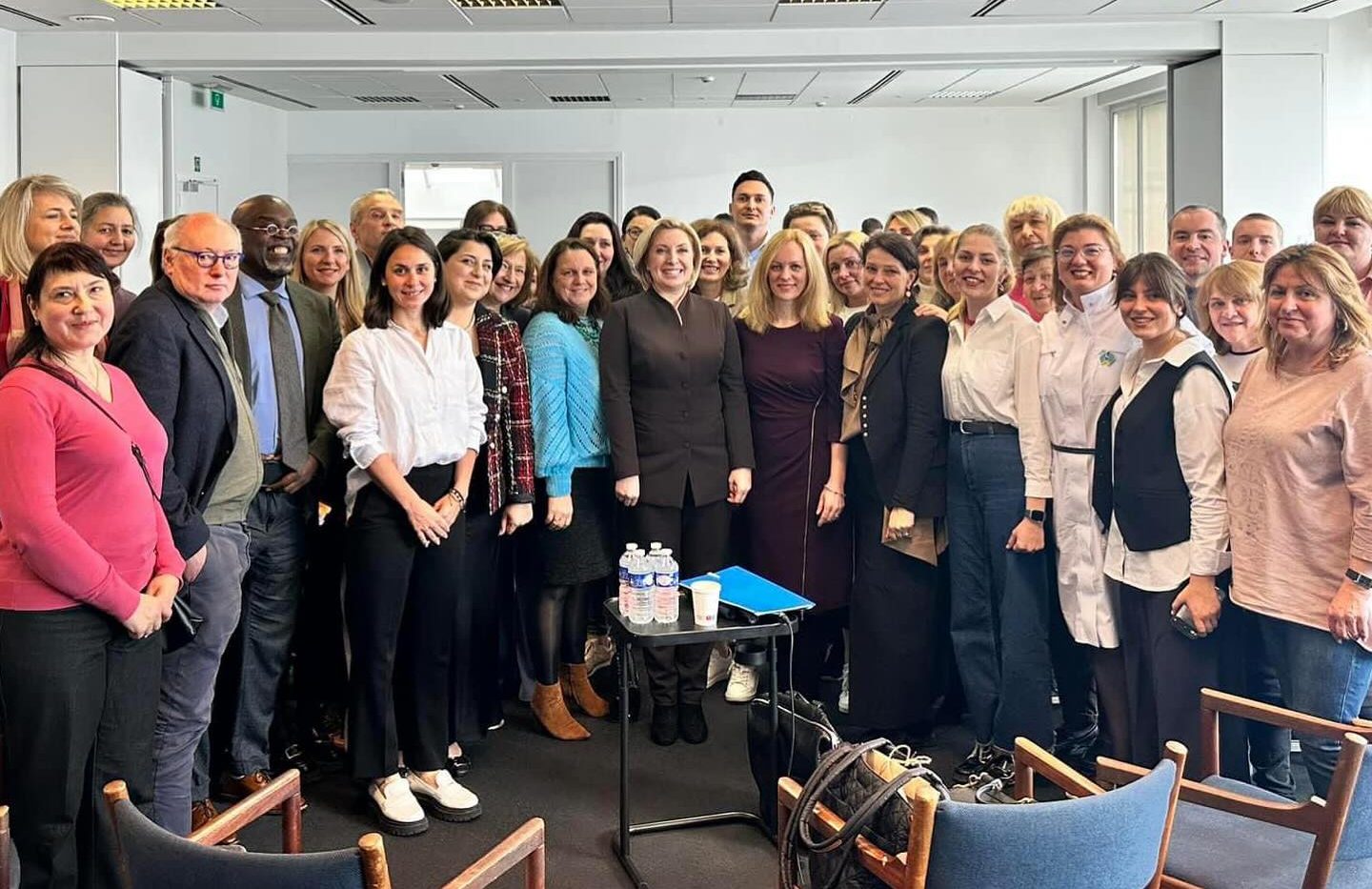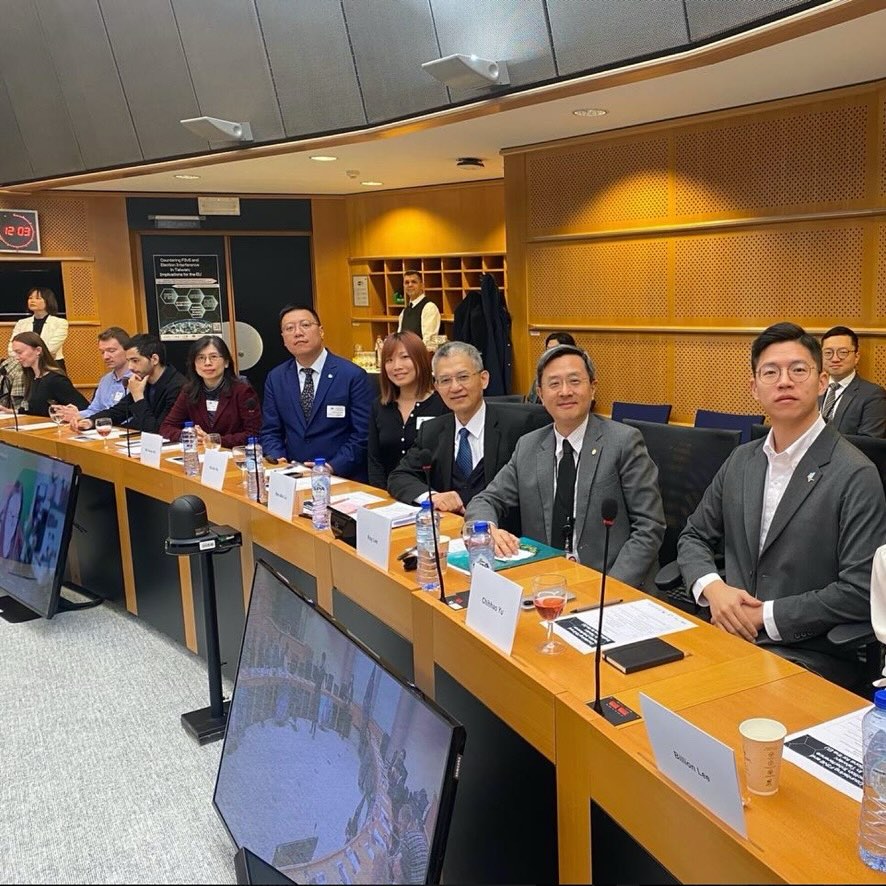For the last decades, Russia has already proved to be an unreliable partner when it comes to the world order and respect of the international law: From recent allegations of the poisoning of Alexey Navalny and former spy Sergei Skripal, to the annexation of Crimea in 2014, and from the military intervention of Russian forces into Georgia in 2008 to the large-scale support for separatists in eastern Ukraine. However, it doesn’t stop their leaders and foreign minister from stressing the importance of upholding international law in every speech they give at the United Nations.
The country devotes vast resources to UN missions and Russia’s status as a permanent member of the UN Security Council boosts its global aspirations while also unleashing the power to veto or undermine initiatives that it sees as contrary to its interests. Very often those vetos are aimed at covering up their own and others’ war crimes.
For example, Russia has blocked dozens of important resolutions that could help effectively address and investigate crimes against peace and security. Russia has obstructed the UN Security Council resolution on the establishment of an international tribunal to investigate the Malaysian Boeing disaster in eastern Ukraine; UN Security Council resolutions on Syria and the UN Security Council resolution on Libya to name a few.
Their representatives use the veto right, which was given to protect international peace and security in order to undermine the same international peace and security. Non-acceptance of a number of important resolutions leaves the perpetrators unpunished and does not solve the problems of conflicts. It is confirmed by continuing conflicts in Syria and Libya, a slowdown of the MH-17 investigation process, annexation of Crimea, and military aggression in the Donbas.
Strange as it may seem, in all these conflicts, one of the permanent members of the UN Security Council, which is supposed to deal with the settlement of these disputes, unleashes these conflicts itself. Yes, it is Russia that is even more interested in their further continuation.
The country’s political leadership forgets that the main duty of each UN member state, no matter whether it is a permanent member of the Security Council or just a participant, is to strive to settle a dispute by peaceful means. However, the Russian Federation clearly demonstrates that dishonest behavior and disregard for the Charter’s principles are adding to the continuing tension in international relations.
The UN Security Council members need to take immediate action to repress Russia’s aggression. The obstacle of Russia’s Security Council veto power can be overcome using the UN’s “Uniting for Peace” resolution, which provides the General Assembly power to act should the Security Council fail to exercise its responsibility to maintain international peace.
The text of the resolution is now more relevant than ever. It confirms that the first two established UN goals are: “to maintain international peace and security and to take effective collective measures for the prevention and removal of threats to the peace and for the suppression of acts of aggression or other breaches of the peace, and to bring about by peaceful means, and in conformity with the principles of justice and international law, adjustment or settlement of international disputes or situations which might lead to a breach of the peace.” The resolution also called on developing “friendly relations among nations based on respect for the principle of equal rights and self-determination of peoples, and to take other appropriate measures to strengthen universal peace.”
Moscow today is the world’s main exporter of various threats and instability. Putin has been able to extend Russia’s destructive influence because his aggressive actions have not faced a firm response. The scale of the attack on the world order is massive, with liberal democracies – such as the US and the UK – as the prime targets. And it is in the power of the UN Security Council to restrain Kremlin’s destructive ambitions.
Stephan Alchevski






 UA
UA FR
FR DE
DE